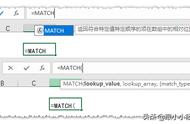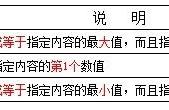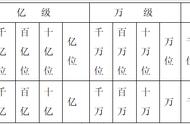
【追根溯源】
meet作为动词,源自古英语单词metan,最初源自原始日耳曼语的motjanan,主要表示“发现;遭遇”。
meet作为名词,最早可追溯到1831年,是运动术语,表示"a gathering of huntsmen for fox-hunting",即“为猎狐而聚集的猎人”。后来也有用来表示“bicyclists gathering for a ride”,即“骑自行车的人聚在一起兜风”。

【惯常用法】
meet作为动词,常用的含义有“遇见;相遇;会晤;集合;满足”,如:
I met her again three years later.
三年后我又遇见她了。
We met on a flight from London to Paris.
我们在从伦敦到巴黎的飞行途中相遇。
Both sides met in order to try to resolve their differences.
双方会晤以努力解决分歧。
We are to meet at the school gate at six.
我们定于六时在校门口集合。
They refused to release their hostages unless certain conditions were met.
除非某些条件得到满足,否则他们不会释放人质。
meet作为名词,主要表示“体育比赛;运动会”,如:
Beijing International Swimming and Diving Friendship Invitational Meet opened today.
北京国际游泳跳水友好邀请赛今天开幕了。
Just because of the rain, the sports meet was put off.
都是下雨,运动会才延期的。
【注意】
英语中有不少有关meet的习语,比如:
- meet sb's eye(s),表示“(和某人)对视,目光相遇”。
- meet sb halfway,表示“和某人妥协;对某人作出让步”。
- make (both) ends meet,表示“使收支相抵;勉强维持生计”。
- meet your match (in sb),表示“遇到对手;棋逢对手”。

【教材实例】
《新概念英语1》第17课的课文里,出现了这么一句:
Come and meet our employees, Mr. Richards.
来见见我们的员工吧,理查兹先生。
《新概念英语2》第12课的课文里,出现了这么一句:
We'll meet him at the harbour early in the morning.
我们一大早将在港口与他见面。
《新概念英语2》第13课的课文里,出现了这么一句:
They will be coming by train and most of the young people in the town will be meeting them at the station.
他们将会乘火车来,镇上大部分年轻人都将到车站去迎接他们。

欢迎继续关注廖怀宝的原创头条号“新概念英语的教与学”!
























